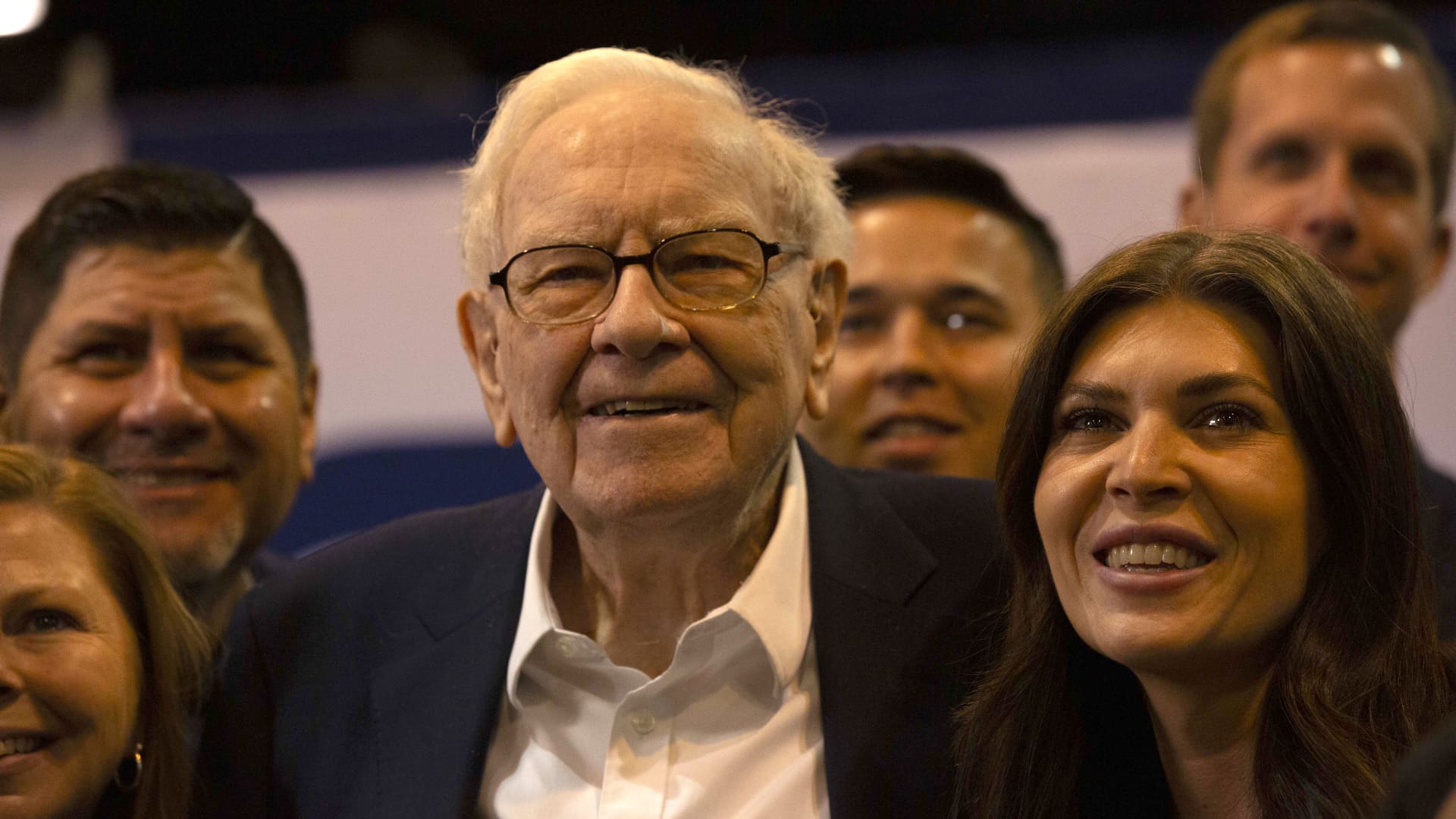Europe’s IPO uptick sparks hopes of a much needed rebound


A slew of new IPOs across Europe are sparking hopes of a broader wave of public debuts in the region, despite continued private market appetite among investors.
A number of firms — ranging from fintech to defense, and software to energy — have either recently floated or are rumored to be eyeing an IPO in Europe.
Last week, Aumovio, the auto-parts supplier spun out from Continental, listed on the Frankfurt Stock Exchange, for example, and Swiss Marketplace Group floated its shares on the Swiss Stock Exchange.
“The September IPO activity is the quarter’s standout story, with issuers and private equity viewing the product as a viable exit route again in Europe,” said Phil Drake, head of U.K. equity capital markets at Bank of America in London.
“We’re as busy as we’ve been in the past 18 months,” Drake told CNBC via email Friday. “The IPO dialogue is ramping and secondary selldown activity will continue to be strong.”
The Swiss Stock Exchange in Zurich.
Fabrice Coffrini | Afp | Getty Images
Christoph Tonini, CEO of Swiss Marketplace Group, underlined the potential opportunities for existing shareholders as it went to market.
“The best way to make exit or participate in growth is to be in a listed company,” Tonini told CNBC. “That’s also why you’re going to see all the four shareholders remain shareholders, but they will grow together with us.”
“We have now new investors coming in, and we’re going to deliver, also for them, value creation,” he added.
The online advertising company priced its shares at 46 Swiss francs ($57.84) each, valuing the company at $5.7 billion. Shares ended Friday at 49 Swiss francs.

Aumovio, meanwhile, began trading at 35 euro ($41.11) a share with a $4.14 billion market cap, and shares closed the week at over 39 euros.
Aumovoi’s Frankfurt rollout came as Sweden’s market is set to see two imminent debuts.
Verisure, the private equity-backed Swiss alarms and security company, this week unveiled plans for a 3.1 billion euro listing on the Nasdaq Stockholm, with CEO Austin Lally saying it hoped to raise funds for international expansion.
“And also to pay down debt, to get the leverage levels and the balance sheet to a position where we think public investors will be comfortable, long term, supporting the company,” Lally told CNBC on Wednesday.
Meanwhile, NOBA, the Swedish digital banking group, has also signalled its intention for a $3.7 billion splash on Stockholm’s bourse.
“Now we will get some more publicity, which I think we will benefit from, also in our retail offerings, of course, in relation to to people out there, but also it clearly also gives us access, more clear access to the capital markets, as I think that’s that’s probably very good for us,” NOBA CEO Jacob Lundblad told CNBC last week.
Private vs. public
The recent uptick in listings follows a prolonged period of sluggishness in Europe, which has been l the Asian and U.S. IPO markets.
Between January and August this year, initial public offerings in North America raised $17.7 billion across 153 deals, while Europe has managed just $5.5 billion from 57 listings, according to data from FactSet.
“Clearly the level of IPO has been reducing significantly,” Henri Marcoux, deputy CEO, Tikehau Capital, told CNBC last week. He contrasted the low number of public offerings with an upsurge in appetite for private assets. “The demand for private assets is increasing, both from private investors, private wealth, same for institutions.”
German pharma business Stada and regional bank OLB recently cancelled plans to list, opting instead for the certainty of private sales.
However, Bank of America’s Drake said there was evidence that investor perspectives on listings are improving.
Key drivers of this rebound include low volatility and enhanced dollar-based returns on European equity investments due to a weakened greenback versus the euro, which is helping attract fresh U.S. capital into the continent, he said.
As a result, Drake said activity continued to be broad-based across sectors, “particularly for high-quality, scale stories with attractive growth opportunities.”
“What’s not to like about the backdrop for equities and ECM [equity capital markets] right now?” he added.
— CNBC’s David Martin, Michael Considine and Katrina Bishop contributed to this report.









